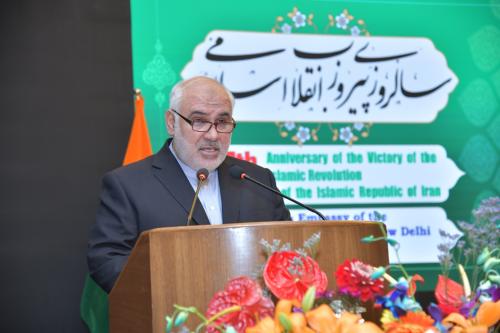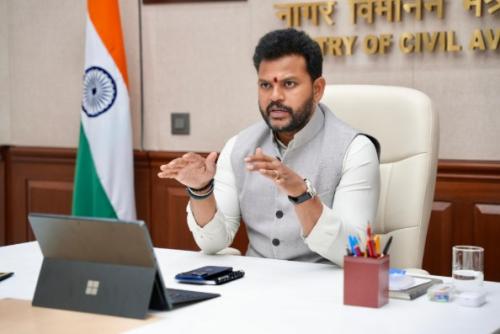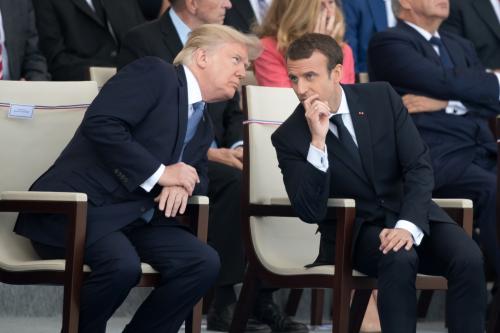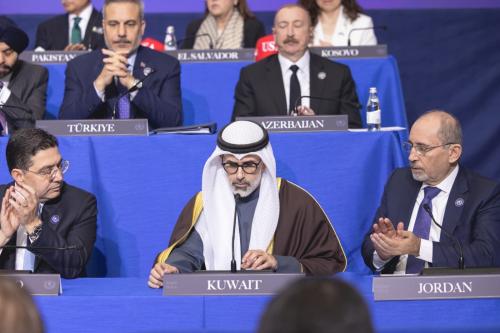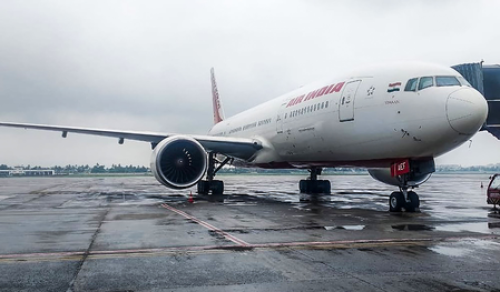By J.V. Lakshmana Rao As general elections are about a year away from now, the political parties in India are getting active to make their presence felt among the people. They are trading a galore of allegations and counter allegations. In this race for power, whether they are national level parties or state-level regional parties, they are competing with each other to raise controversies and criticize the Bharatiya Janata Party, which is leading the national democratic coalition (NDA) government. This is not to say BJP cannot make mistakes. The issues can be national or regional, but the blame is always thrown on the BJP and its iconic leader and Prime Minister Narendra Modi. The guns are always trained at Narendra Modi and his party. Being at the receiving end, Narendra Modi perhaps has chosen the Central Hall of Royal Palace in Westminster in London as a platform to vent his personal agony, personal philosophy and his political philosophy to put an end to the controversies that are emanating from his homeland spreading to countries outside. The forum he spoke to was “Bharat ki baat, sabke saath” organized by Indian Diaspora in the UK on April 18. His message, televised live by various television networks, was loud and clear and was heard with frequent applauses by audience. His message may not get into the ears of his critics, who do not distinguish between vital political interests and pervert shameful social issues like rape and molestation. He says he welcomes healthy and well-researched criticism, but he is not in favor of allegations which are baseless. Constructive criticism helps democracy to correct its shortcomings, but baseless allegations can ruin the unity of people and retard country’s progress and development. He says that his journey as a tea-seller on a railway platform in India to the Royal Palace in London, has been fraught with full of bumps. Coming from a poor family, he knows what the poverty is. Loan melas organized in the past in India did not eradicate poverty. They only created vote banks. Subsidized urea fertilizer in the past did not reach farmers, but enriched the rich entrepreneurs. Such fertilizer went into the hands of owners of chemical factories as raw material to be turned into finished products, thus enriching the rich people. The real beneficiaries of subsidized cooking gas were not the poor people. It was a shame that 18,000 villages did not have electricity. Thousands of women did not have access to toilets. “These realities of our nation did not let me sleep. I am determined to bring about a positive change in the lives of India’s poor. I want to work for the poor, the marginalized and the downtrodden,” he moans. He calls for empowerment of women and the youth for a better future of India and he vows to improve the lives of the poor. Regarding Pak-sponsored terrorist attacks on unarmed Indians, he says that India, by resorting to surgical strikes, has shamed Pakistan. Pakistan has no power to fight a strait war, so it attempts to attack India from back. Pakistan must realize that much has changed in India. Obviously, referring to the recent incident of child rape case, which has shaken the country, Modi says the sexual assaults are a matter of shame and worry for the entire society. He appeals to people and political leaders to refrain from politicizing the rape cases. He has reminded people that during the freedom struggle, Mahatma Gandhi had turned it into a mass movement. Mahatma Gandhi had appealed to all to increase their productivity and make development a mass movement. Ambition is not a bad thing and it is a nature for all to aspire. India is getting increasingly aspirational. The need of the hour is to make development a mass movement. He says that India is now looked at by other nations as trend-setter and agenda-setter. Some countries are watching keenly the outcome with a view to adopting the India’s much-resisted reforms like demonetization of higher currency and the implementation of Goods and Services Tax Act. At global level, India wants to have friendly ties with all countries. As the Prime Minister of India, he would go to Israel, Saudi Arabia and even Iran which do not see eye-to-eye ideologically and socially. They are politically different. For the success of a democratic country, all its people should enjoy equal opportunities. He says that he believes in education for kids, employment for the youth, empowerment of women, and good relations between the Center and the States. He says that he would take steps to convert cooperative federalism into competitive cooperative federalism. At a time when he professes such good ideals about his governance, some states are blaming him for not keeping up his promises given to them. The first act of revolt in the recent days has emanated from the recently-carved Andhra Pradesh. The revolt has begun to quickly develop into a mass movement that is being ignited by YSR Congress Party leader Jaganmohan Reddy and Jana Sena Party (JSP) leader Pawan Kalyan. Not to be left behind, AP Chief Minister and president of Telugu Desam Party N. Chandrababu Naidu, who was not keen to join the stir initially, quickly joined the bandwagon. The TDP, which is a coalition partner of the ruling NDA government at the Center withdrew its support and its two ministers resigned. The MPs of all the three parties, joined by some other MPs, started stalling proceedings of the Parliament session. The main issue the three rebellious parties have raised has been about “special status” for the State as “promised” by the Center. Initially, Naidu, whose Telugu Desam Party was a partner in the ruling NDA coalition government, has agreed for “special package” instead of “special status” as offered by the coalition government. Notwithstanding the special package or special status, the progress of capital building and development of the young state cannot suffer and agitations only add to the problem. The Center has the responsibility to allot funds and the State has the responsibility to judiciously spend them for the purpose they are being allocated. The issues may vary, but there are signs of unrest spreading to other states like Uttar Pradesh, Madhya Pradesh, Karnataka and Kerala. Some parties in Andhra Pradesh are planning to take the agitation to the streets of nation’s capital. The agitational mood is growing in the country. Systematic and concerted efforts are being initiated by some interested parties, groups, and individuals to weaken the BJP and its NDA government. Such practices must be halted to enable the governments at State and Central levels to function for the progress of the country. The Center and the States must work in complete cooperation to improve lives of people. Elections cannot be fought on allegations, they should be fought on realities.
Modi pours out his heart in London as guns trained on him in Delhi
- by Rinku
- May 14, 2018 2 minutes
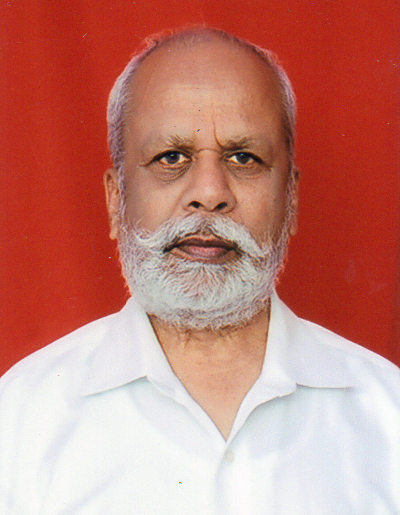
Rao Sir 1




